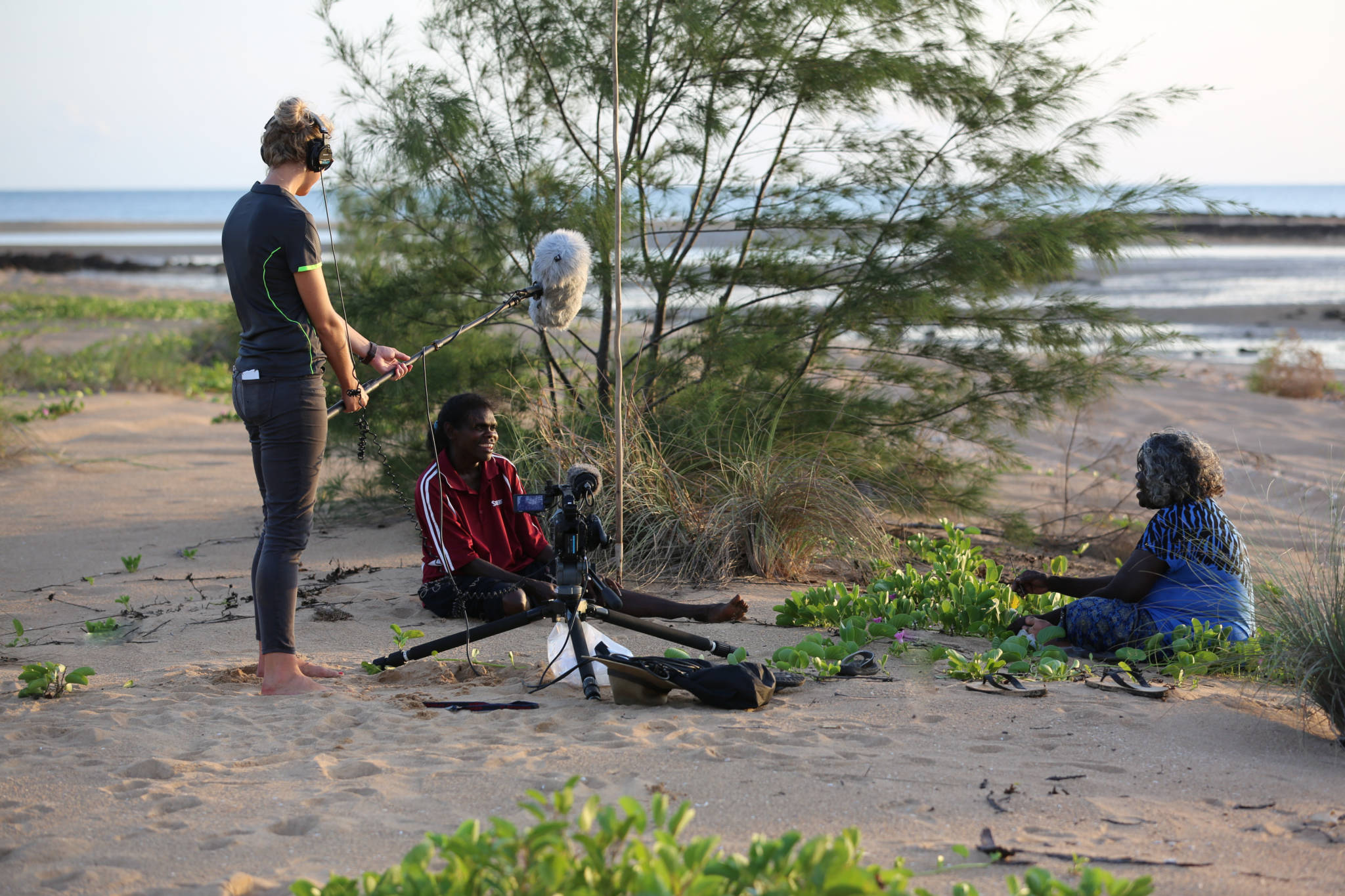New research suggests how and what people think about their workout can have a big impact on how well they eat afterwards.
Professor James Dimmock from James Cook University’s College of Healthcare Sciences was part of a research team that analysed scientific papers dealing with what people ate after various types of exercise and with different forms of motivation.
“Unhealthy or excessive food and drink consumption post-exercise may counteract at least some of the benefits of exercise. There’s evidence that certain exercise-related factors, including the psychology associated with different forms of exercise motivation, may influence post-exercise energy intake,” said Professor Dimmock.
He said if exercise is experienced as enjoyable, part of one’s identity, and/or is considered personally important, people may be less inclined to consume unhealthy foods afterwards.
“There are certain things that have been shown to promote these good, autonomous forms of motivation. For instance, promoting people’s choices in relation to the format, intensity, and/or duration of exercise sessions is beneficial, and so too is having good interpersonal connections with instructors and with other exercisers.
“Also, we think that having a sense of doing ‘well’ and competently in exercise is thought to promote good motivation, and we’ve shown that expectations can play a big part too,” said Professor Dimmock.
He said researchers think that when people feel pressured in relation to exercise, which can occur, for example, when people are compelled by others to exercise, they are more likely to eat or drink unhealthily after.
“People who see their exercise regime as not enjoyable, voluntary or valuable need self-control to continue doing it. According to one theory, self-control is a limited resource and this kind of exertion reduces someone’s capacity to undertake acts of self-control at a later time,” said Professor Dimmock.
He said it was probable that post-exercise eating and drinking could be positively affected by the design of the workout itself.
“We already knew that the physiological side of exercise (the mode, intensity, format, and energy expended) has an effect on post-exercise diet. Now it’s a matter of introducing the psychological side to the equation and seeing how they interact,” said Professor Dimmock.








